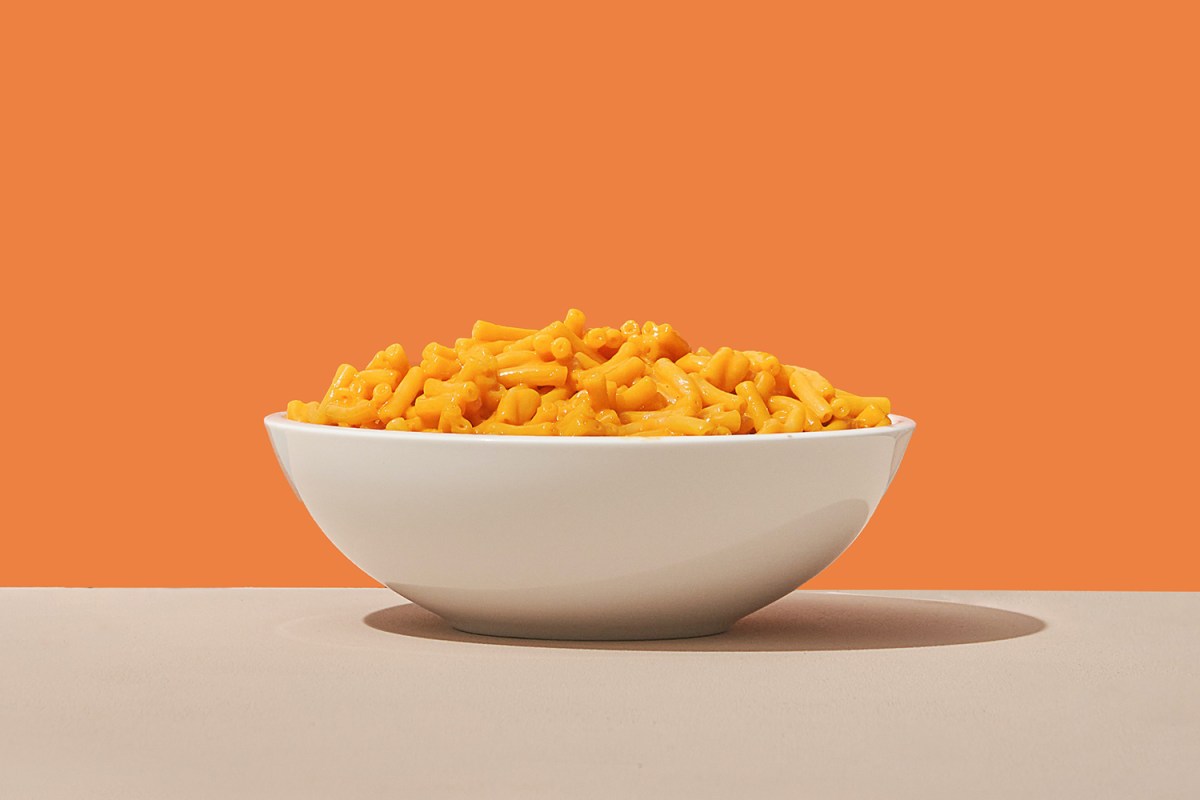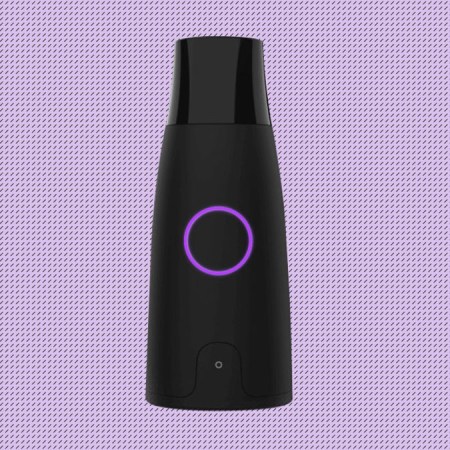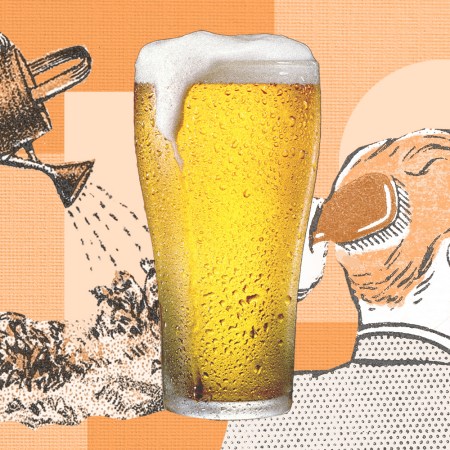We all ate a lot of cookies during those first few months of quarantine in 2020.
It made sense at the time, as consuming salt, sugar and fat tends to help whenever we’re going through a tough time. The end of a frustrating workday is generally enough qualification for a few slices of pizza, so the advent of a deadly pandemic, we all reasoned, made gorging ourselves perfectly reasonable.
But while we may think that comfort food makes us feel better — it’s tasty, it fills us up, it often comes with a side of nostalgia — it’s actually a rather hollow way to treat whatever was causing us stress or pain on that particular day.
Recent research from a health and eating laboratory at the University of Minnesota concluded, in fact, that comfort food does not positively impact one’s bad mood. In the experiment, every participant had to answer the same question: “What foods would make you feel better if you were in a bad mood?” Their answers were all similar — desserts, cheesy things, etc. They also listed foods they enjoyed, though wouldn’t normally eat for the purpose of making themselves feel better.
As The New York Times reports, the volunteers watched clips intended to elicit “anger, hostility, fear, anxiety and sadness.” They filmed out a questionnaire to indicate their mood once the clips ended. They were then given their favorite comfort food, a food they enjoyed but didn’t associate with comfort or no food at all. After that, it was back to the questionnaire.
The results indicated, pretty roundly, that eating comfort food won’t magically reverse negative feelings. The most important variable in the experiment was actually time. With a bit of distance from the upsetting clips, the brain was able to move on.
This isn’t to say we’re imagining things when comfort food gives us a “boost.” Some foods do release happy neurotransmitters like dopamine. But it’s a short-lived rush, and if stimulated constantly (to the point of compulsive behavior), it will lose its potency. Comfort food can’t repair your mood on its own.
Plus, if you’ve ever needed a half hour to sit on the couch after Shake Shack, you’re probably aware that comfort food runs the risk of making you feel worse. Energy-dense, low-nutrition foods take their time as they push through the body, and can wreak havoc along the way.
“Emotional eating,” as some psychologists call it, can have a negative domino effect on the rest of your day. It can make work more difficult (which means you’ll be less productive and likely more stressed), and can sabotage your plans to work out or get outside, two activities we know will make you feel better.
Cookies are great, we all agree. But next time you struggle through a tough afternoon, try skipping the baked goods and seeing how you feel.
Whether you’re looking to get into shape, or just get out of a funk, The Charge has got you covered. Sign up for our new wellness newsletter today.


















